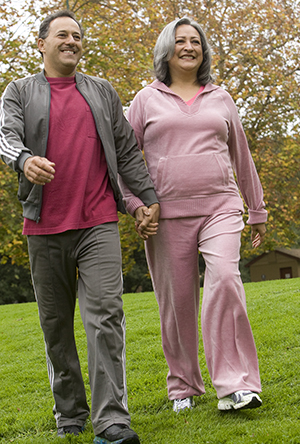After Gallbladder Surgery
After Gallbladder Surgery

In the hospital
Bandages will cover your incisions and you may have special boots on your legs to prevent blood clots. To aid recovery, you’ll be asked to get up and move as soon as possible. You may also be asked to use a device that helps promote deep breathing to keep your lungs clear.
At home
You can get back to your normal routine as soon as you feel able. To speed healing:
Take any prescribed pain medicines as directed.
Follow your healthcare provider’s instructions about bathing and caring for your incisions.
Walk and move around as often as possible, but follow your healthcare provider's instructions on how much weight you can lift.
Ask your healthcare provider about driving and going back to work. This is often about 5 to 10 days after surgery.
Eating normally again
Removing the gallbladder doesn’t mean you have to be on a special diet. But you may want to start with light meals. It can also take a few weeks for your digestion to adjust. You may have indigestion, loose stools, or diarrhea. This is common and should go away in time.
Following up
Keep follow-up appointments during your recovery. These allow your healthcare provider to check your progress and answer any questions. Be sure to mention if you have any new symptoms. Also mention if you have diarrhea that doesn’t go away.
Call your healthcare provider
Contact your healthcare provider if you have any of the following:
Fever of 100.4º F (38.0ºC) or higher, or as directed by your healthcare provider
Chills
Increasing pain, redness, or drainage at an incision site
Vomiting or nausea that lasts more than 12 hours
Prolonged diarrhea
Belly pain
Leg swelling or trouble breathing
Difficulty urinating
Bleeding from the rectum
Updated:
November 06, 2017
Sources:
Pathophysiology and Treatment of Fever in Adults. UpToDate
Reviewed By:
Fraser, Marianne, MSN, RN,Image reviewed by StayWell art team.,Lehrer, Jenifer, MD